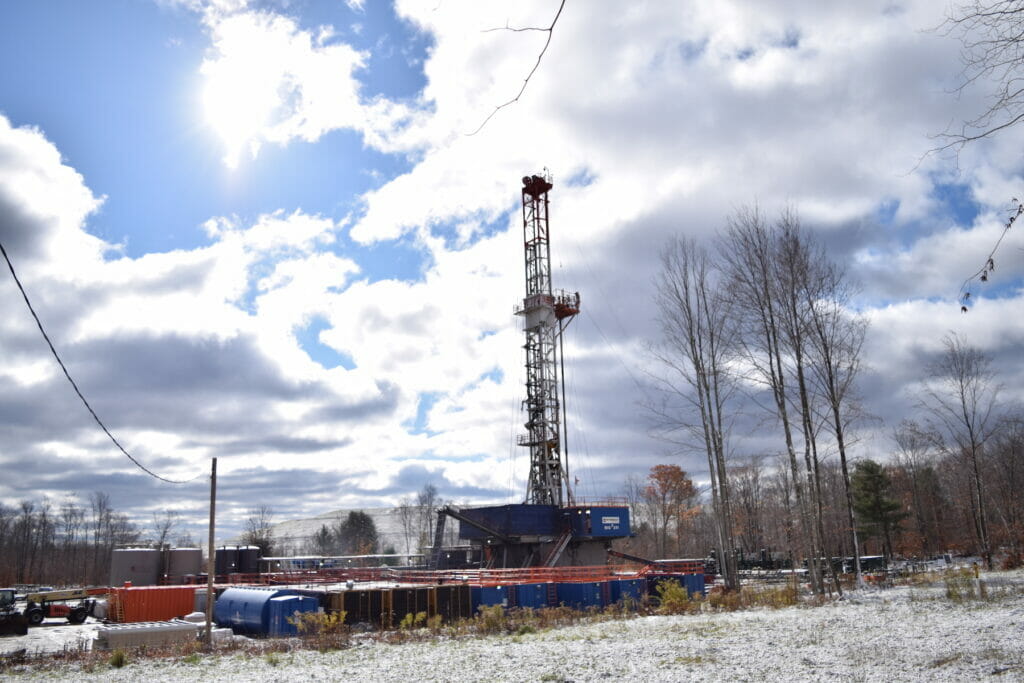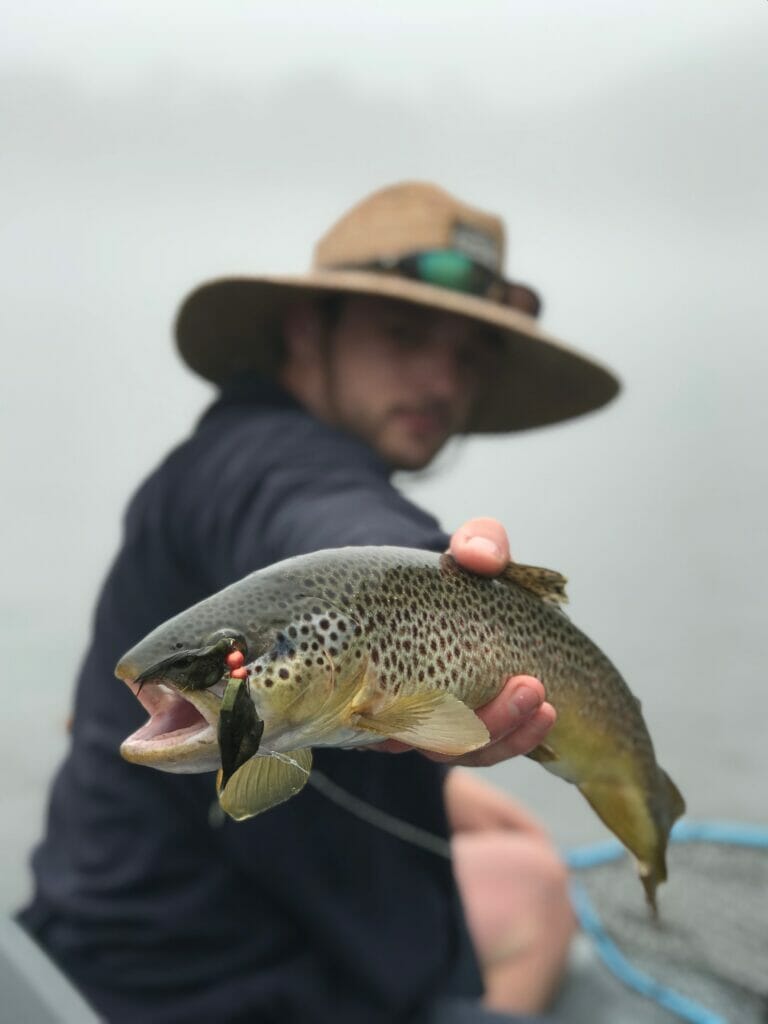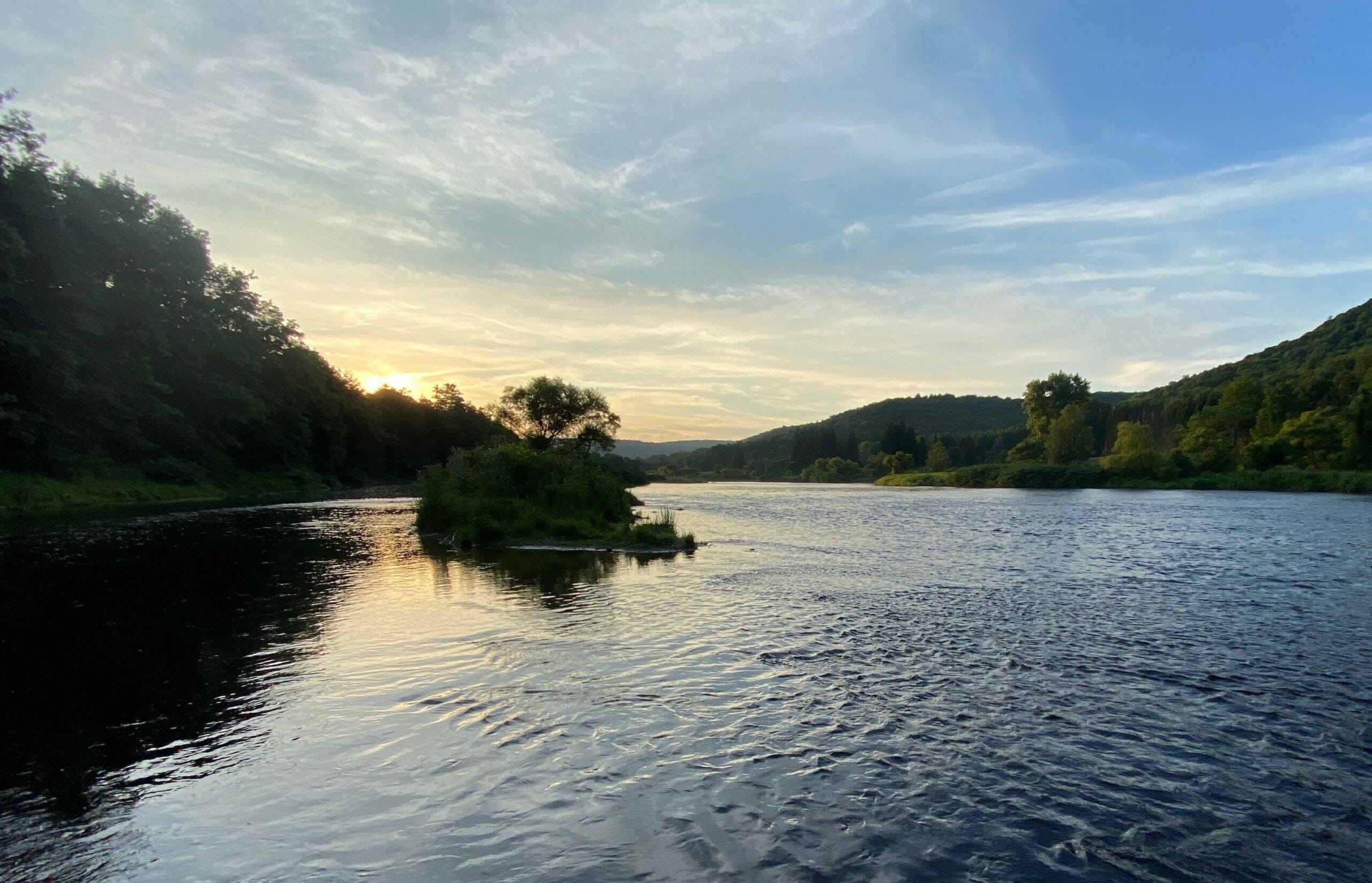As infrastructure to support natural gas extraction expanded across the Appalachians over the past decade, the Delaware River Basin remained untouched as the group responsible for the coordinated management of the watershed considered the practice.
Now, after years of uncertainty, a vote by the Delaware River Basin Commission has formalized a ban on high-volume hydraulic fracturing — often called “fracking” — in the basin.
In a special business meeting on Feb. 25, 2021, commissioners representing the four basin states and the federal government approved the action through a 4-0-1 vote.
All states voted for a ban, while the federal government abstained citing the need for more time to coordinate with the Biden Administration.
The DRBC is a federal interstate compact agency led by the governors of the states of New York, New Jersey, Pennsylvania and Delaware, and the federal government, which is represented by the North Atlantic Commander of the Army Corps of Engineers.

In 2009, the DRBC’s executive director determined that the agency had the authority to review natural gas development in the watershed. Commissioners voted to await regulations before considering applications to drill. But in 2011, after a lengthy and contentious public comment period on draft rules, the commission canceled a planned vote, effectively instituting a moratorium.
Regulations were proposed anew in 2017 but DRBC had not adopted those regulations since, and the de facto moratorium had continued.
Click HERE for the full resolution.
Across the country, Trout Unlimited advocates for responsible energy development, which involves protecting the highest quality habitats and ensuring that, where development does occur, adequate regulations are in place to prevent harm to water quality and coldwater habitat.
Hydraulic fracturing has expended significantly in recent years in the Marcellus and Utica shale regions. It requires millions of gallons of water per well, and the withdrawal, storage, and disposal of water for fracking can have significant impacts on streams and rivers if not properly managed.
Delaware Gov. John Carney is the commission’s chairman.
“I welcome this opportunity to provide the fullest protection to the more than 13 million people who rely upon the Delaware River Basin’s waters for their drinking water,” Carney said.
In addition to its critical role in providing drinking water to more than 13 million people, the Delaware River watershed is a natural jewel.

The upper Delaware River itself is one of the best and most popular trout fisheries in the East, and many of the river’s tributaries are also known for their robust populations of wild and native trout. The Delaware Water Gap National Recreation Area is immensely popular for activities including paddling, hiking, biking, fishing and hunting.
Trout Unlimited has recognized the Upper Delaware as one of 10 Special Places in the central Appalachians deserving of special protections from natural gas development activities.
“The action by the DRBC commissioners today sends a clear message that the Delaware River Watershed is indeed a special place,” said Jen Orr-Greene, TU’s eastern policy director. “TU will remain engaged on the issues of water use and wastewater disposal related to hydraulic fracturing occurring elsewhere to assure appropriate protections of critical coldwater resources.”
In addition to banning fracking in the basin, the DRBC also unanimously approved a resolution to develop new rules related to the export of water out of the basin for fracking elsewhere and the import of fracking wastewaters into the basin. These rules are to be developed and released for public comment by September 30, 2021.



